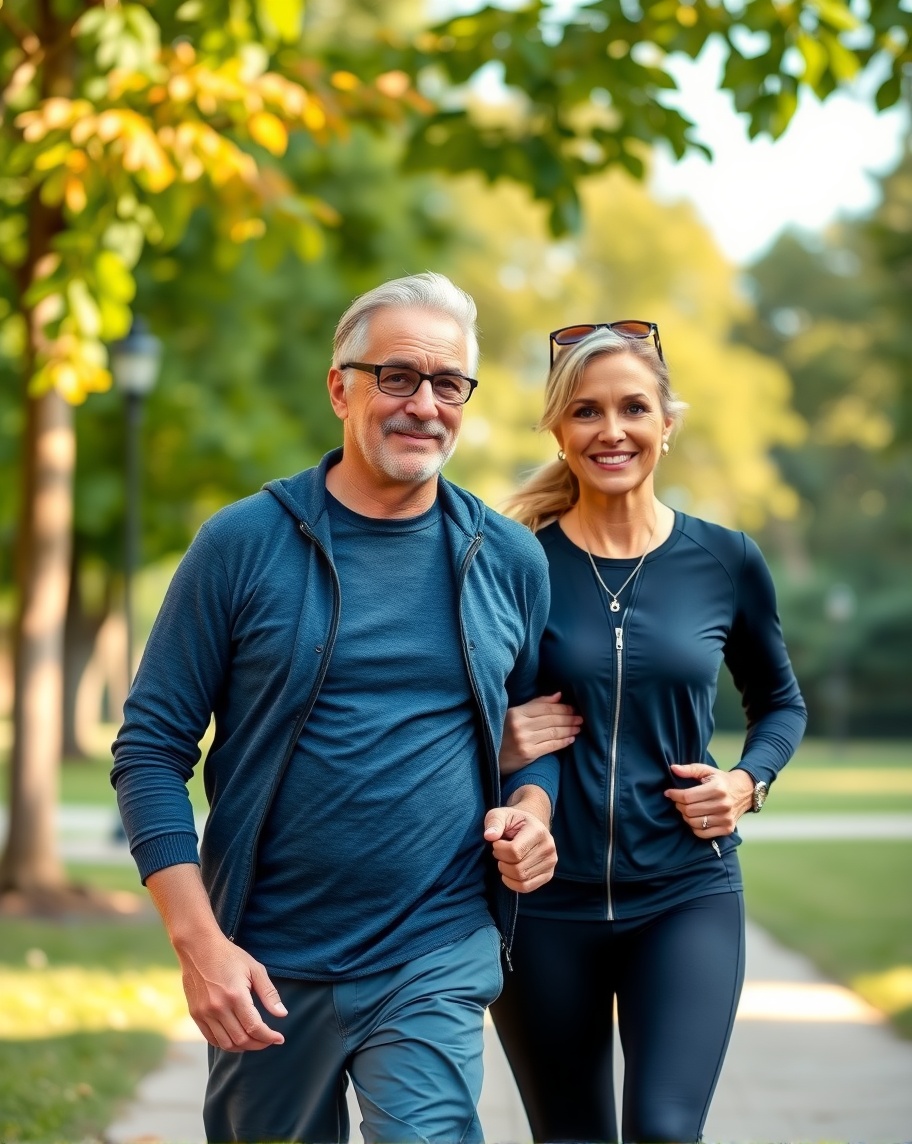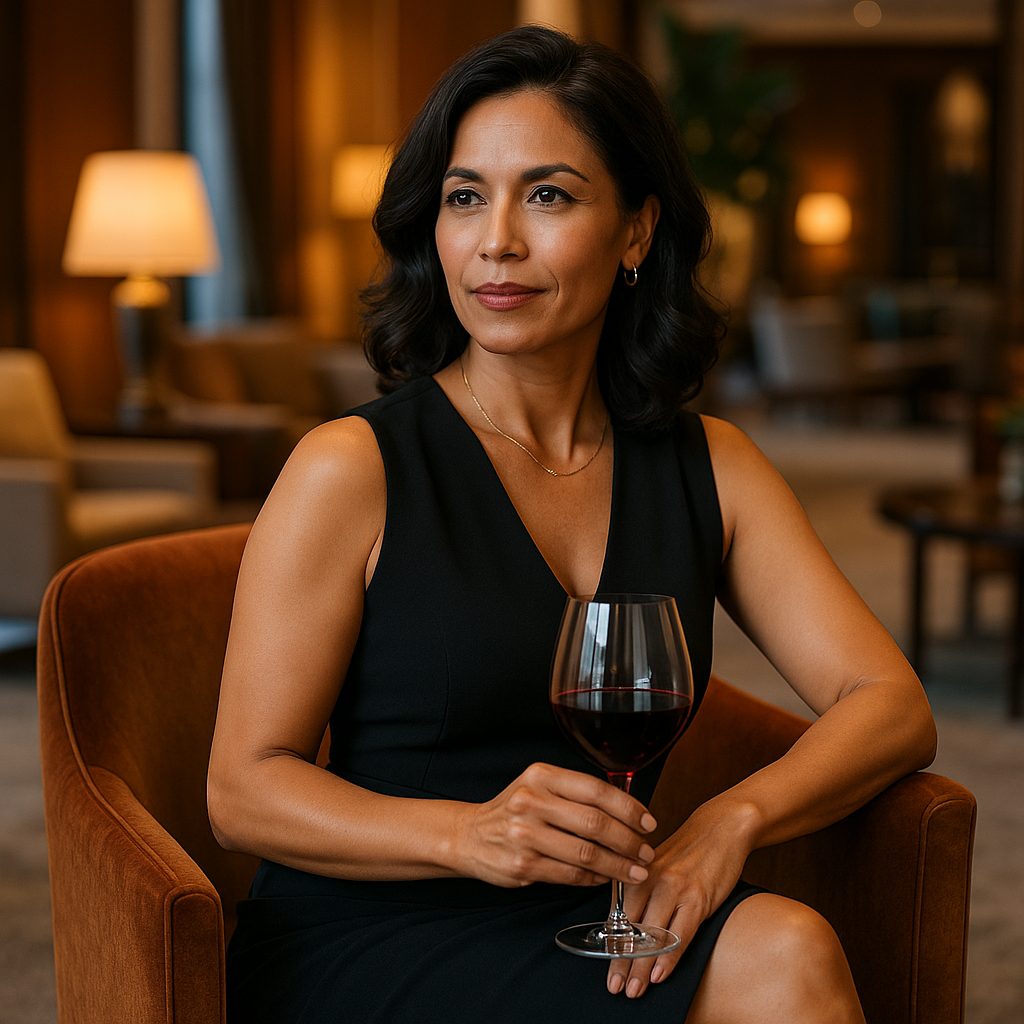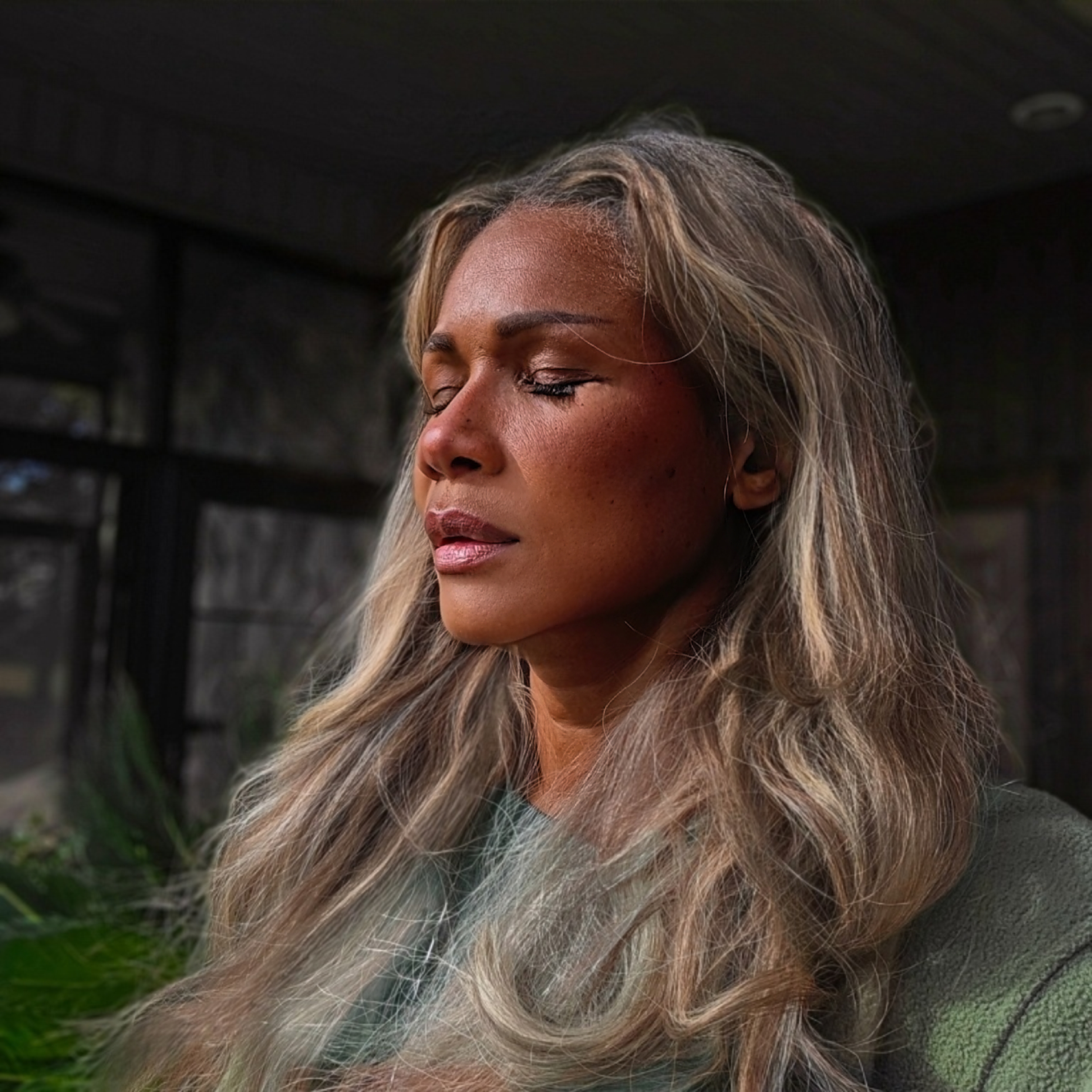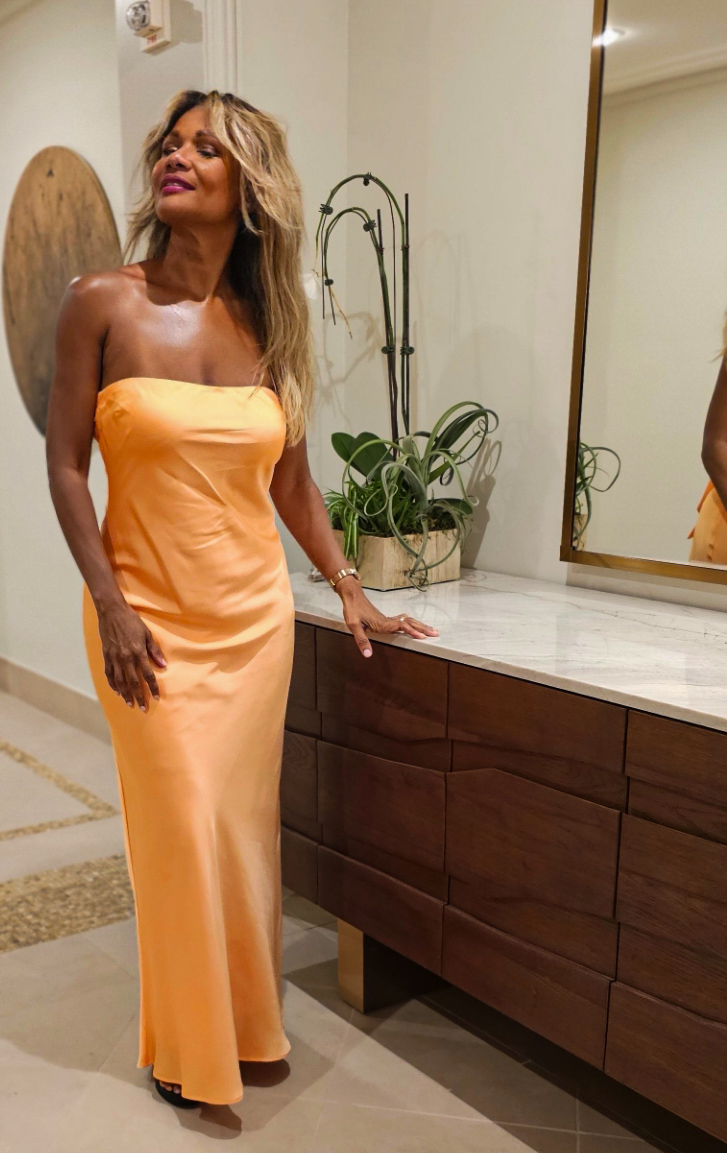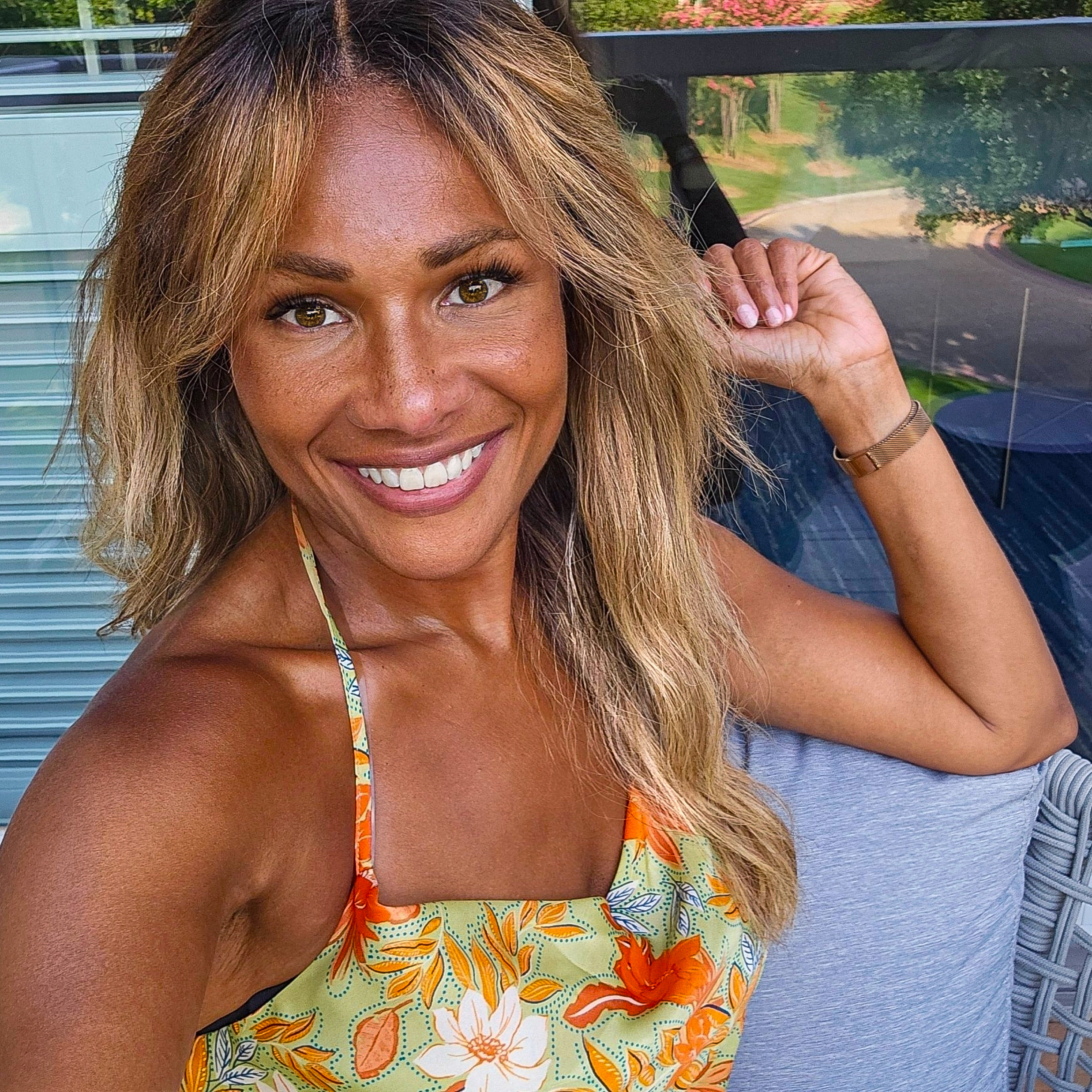Why Health and Wellness Must Be a Priority in Relationships After 50 — And What Happens If It’s Not
In today’s fast-evolving dating world, women and men over 50 are flipping the narrative. No longer sidelined or stereotyped, this age group is living more vibrantly than ever — launching businesses, embracing self-love, and, yes, reentering the dating scene. But among the many shifts happening in how people over 50 approach love, one stands out: a growing emphasis on shared health and wellness goals in partnerships.
And it’s not just a trend — it’s a necessity.

Aging With Intention: Health Isn’t Just Personal, It’s Relational
For people over 50, health isn’t just about how you feel physically; it’s the foundation for how you show up in your relationship.
Whether it’s walking together every morning, taking turns cooking healthy meals, or encouraging each other to keep up with check-ups and screenings — these small acts become deep investments in each other’s futures.
The Real-Life Consequences of Misaligned Health Values
A perfect example of misaligned not only health but relationship values. One person prioritizes their health and relationship, while the other is an alcohol consumer who returns home on odd morning hours, placing both health and their relationship at the bottom of their list.
The flip side? When health is not a shared priority, relationships can quietly erode.

1. Resentment Builds:
When one partner is active and health-conscious and the other is sedentary or refuses to manage chronic conditions, it often leads to tension. One may feel like they’re “dragging” the other through life — or worse, facing the future alone.
2. Emotional Disconnect:
Poor health — especially if neglected — can lead to depression, irritability, or withdrawal. And when partners stop sharing experiences like outdoor adventures, cooking, or dancing, emotional intimacy can suffer.
3. Caregiver Fatigue:
If one partner neglects their health and becomes dependent due to preventable conditions, the other may feel more like a caregiver than a partner. It can dramatically shift the dynamic, especially if the relationship wasn’t built with that expectation in mind.
Shared Wellness = Shared Joy
The good news? Couples who embrace wellness together tend to thrive.
-
Improved Communication: Regular exercise boosts mood and mental clarity, making it easier to discuss feelings, set goals, and resolve conflicts.
-
Stronger Intimacy: Healthy bodies often lead to more satisfying physical relationships, even as hormones shift with age.
-
Long-Term Vision: Whether it’s travel plans, grandkids, or retirement dreams, a healthy lifestyle helps ensure both partners can enjoy life fully — together.
So ladies sharing my wisdom and expertise, chose wisely. Be careful who you date and much important who you will then marry. The biggest prison in the world is a home without peace. READ IT AGAIN.
What It Means:
This message is a powerful reminder for women — especially those who are mature, experienced, and possibly reentering the dating scene — to prioritize peace, emotional well-being, and compatibility over superficial qualities when choosing a partner.
Let’s break it down:
-
“Choose wisely”:
After 50, your time, energy, and emotional space are valuable. You’ve likely grown through life’s challenges, and you deserve a relationship that adds to your peace, not one that drains it. Don’t settle out of loneliness or pressure — be intentional. -
“Be careful who you date and, more importantly, who you marry”:
Dating may seem casual, but every relationship is a step toward something deeper. The person you marry affects not just your love life but your mental health, physical health, finances, and freedom. At this stage in life, alignment in values, lifestyle, and emotional maturity is everything. -
“The biggest prison in the world is a home without peace”:
A peaceful home is a sanctuary. But if you’re with someone who brings chaos, control, emotional manipulation, or constant tension, your home becomes a mental and emotional prison — even if it’s beautiful on the outside. You may feel trapped, unseen, or constantly walking on eggshells.

